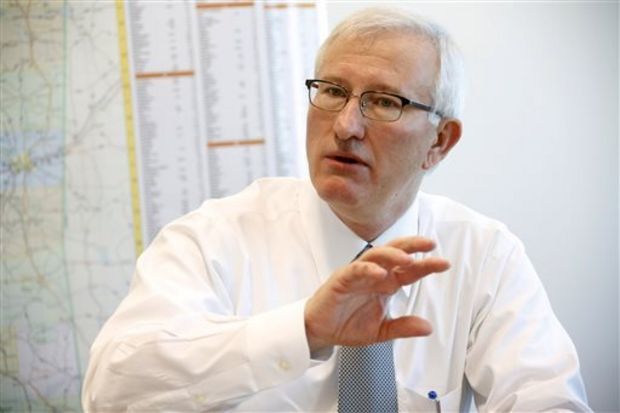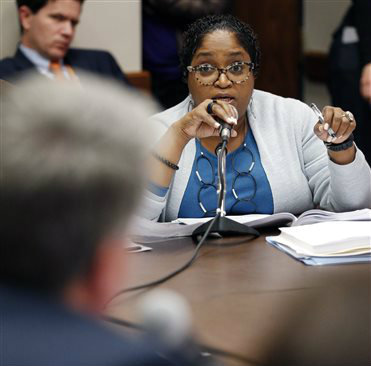

JACKSON, Mississippi (AP) — The Legislative Black Caucus’ request that House and Senate leaders fully fund Mississippi’s school budget formula appears likely to be fulfilled, based on early recommendations for state spending in this election year.
The Mississippi Adequate Education Program is designed to give schools enough money to meet midlevel academic standards. It has been fully funded only twice since being put into law in 1997.
The Black Caucus chairman, Democratic Sen. Kenny Wayne Jones of Canton, said Wednesday that it’s time for lawmakers to stop shortchanging MAEP.
“It’s always been a political pawn, but we haven’t put our money where our mouth is,” Jones said during a Capitol news conference.
Sen. David Jordan, D-Greenwood, said MAEP was put into law because “some counties and some school districts were just rock-bottom poor.”
“It was just the floor, not the ceiling,” Jordan said of the formula.
An initial recommendation by legislative budget writers, released in December, would leave MAEP about $280 million short of full funding for the year that begins July 1. That is in a state budget that is expected to be about $6.2 billion.
Republican Gov. Phil Bryant told The Associated Press last week that he doesn’t think MAEP would produce the education system the state needs, even if it were fully funded.
“Republicans are very willing to fund things that work in education,” Bryant said in the Dec. 30 interview. “We are unwilling to put money into a formula that has not proven to be effective and that appears to increase the administrative expenditures more than the classroom.”
Republicans control the House and Senate, and the budget process.
Rep. Alyce Clark, D-Jackson, said during the Black Caucus news conference that paying for schools is less expensive than paying for prisons that would be needed in the future if schools are weak.
“All of you know that businesses look at your educational system when they decide whether they are going to come to your area or not,” Clarke said.



